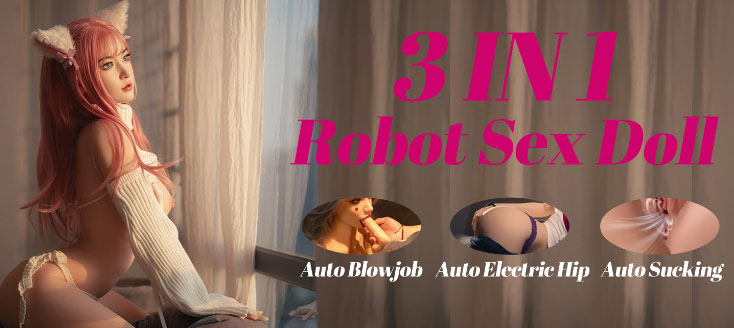How do people feel about the growing market for celebrity-lookalike sex dolls, and the associated legal risks?
The growing market for celebrity-lookalike sex dolls has elicited a wide range of reactions, particularly concerning legal risks and ethical implications. As the technology behind sex dolls becomes increasingly advanced, the capability to create highly realistic replicas of celebrities raises complex issues. Here’s an overview of how people feel about this phenomenon:
1. Attraction to Celebrity Culture
- Desire for Connection: Many consumers express a fascination with celebrity culture, and the allure of owning a doll that resembles a famous figure can create a sense of connection. Fans may feel that these dolls allow them to engage with their idols in an intimate way, which can be appealing for those who may feel disconnected from traditional relationships.
- Fantasy and Role-Playing: The fantasy element plays a significant role. For some users, having a sex doll that looks like a favorite celebrity enhances the role-playing experience, allowing them to escape into a world where they can live out their fantasies.
2. Legal Risks and Concerns
- Right of Publicity: One of the primary legal concerns surrounding celebrity-lookalike dolls is the right of publicity. This legal concept gives celebrities control over how their likeness is used commercially. Many users understand that the unauthorized replication of a celebrity’s likeness could lead to lawsuits and other legal ramifications for manufacturers.
- Informed Purchases: Consumers are becoming more aware of the potential legal risks involved in purchasing such dolls. Some users express hesitation about investing in products that could be deemed illegal or that might lead to lawsuits against manufacturers, making them wary of purchasing these items.
3. Ethical Implications
- Exploitation vs. Empowerment: While some see the market as a form of expression or empowerment, others view it as exploitative. Critics argue that replicating a celebrity’s likeness without consent disrespects their autonomy and commodifies their image for profit without compensation or acknowledgment.
- Impact on Celebrity Reputation: There are concerns about how these products can affect a celebrity’s public image. Some individuals believe that replicating celebrities in sexual contexts can lead to misunderstandings about their values and could potentially harm their reputation.
4. Consumer Responsibility and Awareness
- Informed Choices: Many users express a desire to be informed consumers, advocating for transparency regarding the legality of celebrity-lookalike dolls. They want to know if the manufacturers have obtained the necessary rights and permissions to use a celebrity’s likeness.
- Community Discussions: Online forums and communities often discuss the ethics and legality of such products, providing a platform for consumers to share opinions, experiences, and concerns. This exchange of information can help consumers make more informed decisions.
5. Mixed Reactions to Availability
- Varied Opinions on Accessibility: While some users are excited about the availability of celebrity-lookalike dolls, others worry that the market may lead to an oversaturation of unrealistic beauty standards. There is a debate about whether these products contribute positively to consumer culture or reinforce unhealthy ideals.
- Cultural Sensitivity: Some consumers emphasize the importance of cultural sensitivity, suggesting that manufacturers should consider the cultural backgrounds and contexts of the celebrities being replicated. This concern raises questions about the responsibility of creators in representing diverse identities.
6. Calls for Regulation
- Need for Legal Framework: Many users advocate for clearer regulations regarding the sale and distribution of celebrity-lookalike dolls. They believe that a well-defined legal framework could protect both consumers and celebrities while fostering a more ethical marketplace.
- Consumer Advocacy: Some consumers actively support advocacy groups that promote fair practices in the use of likenesses, encouraging legislation that ensures consent and compensation for celebrities whose images are being used.
7. Future Implications
- Evolving Technology: As technology continues to improve, the line between reality and imitation blurs further, leading to more sophisticated products. Users express curiosity and concern about how this evolution will impact the legal landscape and the ethical discussions surrounding celebrity representation.
- Potential for Creative Use: Some users envision a future where celebrity likenesses can be used in creative ways that respect the original individual, such as collaborations where celebrities endorse or design products. This could lead to a more positive relationship between celebrities and the products inspired by them.
Conclusion
Overall, the growing market for celebrity-lookalike sex dolls elicits a complex array of feelings, balancing excitement for innovation with concerns about legality and ethics. As consumers navigate this evolving landscape, their perspectives are shaped by personal beliefs, cultural values, and a desire for responsible consumption. The interplay between consumer demand, celebrity rights, and legal frameworks will be crucial in shaping the future of this market, ensuring that it can evolve ethically and sustainably.

